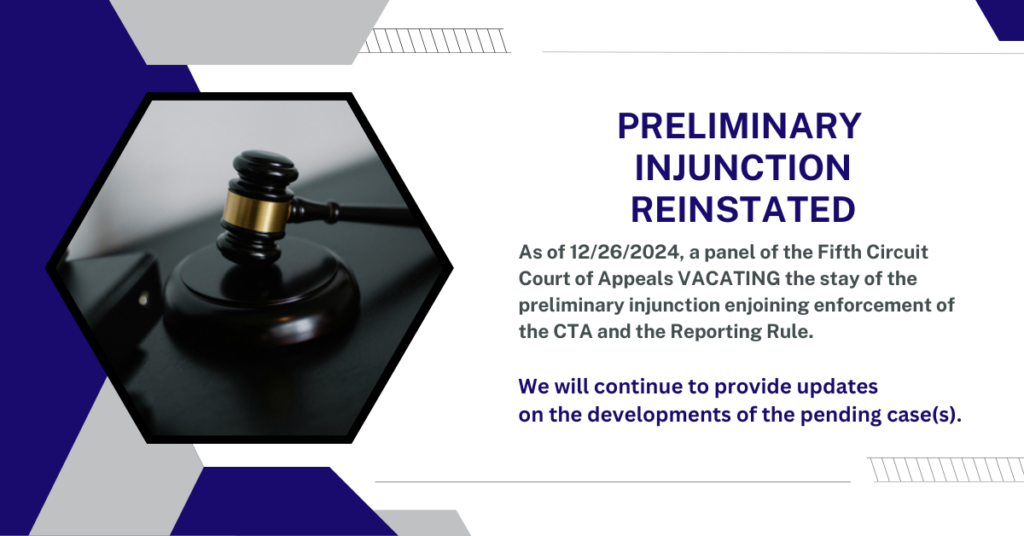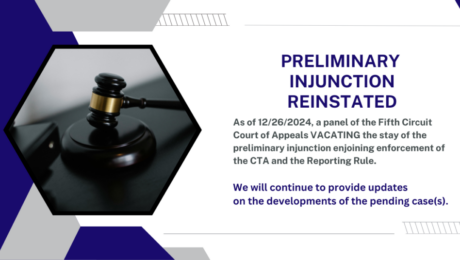HOA Bans of Short-Term Rentals

With the rise of companies like Airbnb and Vrbo, and the increasing amount of real property being purchased for rental usage, short-term rentals has been a big issue for community associations for several years. Not only are we seeing more homeowners’ associations (HOAs) and condominium owners’ associations (COAs) banning short-term rentals, but we are seeing more local governments banning them at the city/township level.
It is important to consider many factors when deciding if your community association should take steps to regulate or ban short-term rentals in your community. Here are some of the typical concerns that are attendant when having short-term renters.
Disturbances
Owners within a community often worry about the noise, vandalism, and left over garbage that may occur from short-term renters. Since short-term rentals are sought out for a variety of reasons, including parties, celebrations, and vacations, it is reasonable to have concerns about excessive noise from things like music and renters coming in at late hours. Furthermore, when people unknown within the community are coming and going, vandalism and property damage becomes a concern. Due to the short-term time frame of the rentals, it can often be difficult to find out which person(s) caused damage and hold them responsible.
Parking & Traffic
Increased traffic into and out of a community and parking are often major concerns with short-term rentals. It is not uncommon for communities to deal with short-term renters parking in unprohibited areas, parking spots that belong to another unit, and congested street parking. Increased traffic can also pose safety concerns to pedestrians.
Safety
Because of the nature of short-term rentals, there are often frequent, unknown visitors to a community. This can make many residents uneasy, especially residents that live alone or have young children. There are valid security concerns when there is no known information about the renters that are coming and going in a community.
At Richer Law, we are here to answer questions and discuss the issues and concerns with short term rentals that your community association may have and guide you through the amendment process of the association’s governing documents.
- Published in Uncategorized
New Update on the Corporate Transparency Act
With this Order, the nationwide injunction enjoining CTA will resume. FinCEN has issued an Alert indicating that reporting companies are not currently required to file beneficial ownership information with FinCEN and are not subject to liability if they fail to do so while the order remains in force.

- Published in Uncategorized
Corporate Transparency Act Enjoined

As discussed in a previous post, the Corporate Transparency Act (CTA) requires most business entities in the United States, including community associations, to report beneficial ownership information to an agency of the Treasury Department,FINCen, by January 1, 2025.
A federal judge, on December 3, 2024, issued an order granting a preliminary injunction blocking the enforcement of the Corporate Transparency Act (“CTA”). The injunction order, granted by a federal judge in Texas in a case initiated by multiple small businesses, states that it applies nationwide and that no business entity needs to comply with the CTA deadline. The Court has held that the CTA is unconstitutional as it exceeds the authority of the federal government.
On December 5, 2024, the federal government did file an appeal to this decision to U.S. Court of Appeals for the Fifth Circuit. Even though it is difficult to predict the timing and ruling of any appeal, it seems as if the January 1, 2025 deadline for BOI reporting will be extended. FinCEN has issued an alert on its website offering the following guidance:
“In light of a recent federal court order, reporting companies are not currently required to file beneficial ownership information with FinCEN and are not subject to liability if they fail to do so while the order remains in force. However, reporting companies may continue to voluntarily submit beneficial ownership information reports.”
It is important to note that there have been cases in other courts, raising the question of the constitutionality of the CTA, and those courts have reached other conclusions. Therefore, there is no guarantee that this injunction will be upheld. It is important for business owners, those deemed beneficial owners under the CTA, and community association boards to stay up to date on the developments of the case and to be prepared to file BOI Reports.
If your business or association has any questions regarding the CTA, the reporting requirements, or the injunction, please reach out to us here.
Related Information:
Corporate Transparency Act and Beneficial Ownership Information Reporting Requirements
Are Community Associations Reporting Companies Pursuant to the Corporate Transparency Act?
- Published in Uncategorized
Ohio Property Tax Appeals

Tax valuation is not an exact science. Due to limited time and resources, broad appraisals are made by the county auditor when determining the value of property. If you are assuming the county’s valuation of your property is correct, you could be paying more than your fair share of property taxes. You should know the true value of your property and contest the county’s value if it is wrong.
Appealing Property Taxes in Ohio
Property values can be challenged by filing a “Complaint Against Valuation” with the local county Board of Revision (BOR). The same complaint form is used statewide. These forms need to be filled out carefully and correctly because incorrect or missing information can be a cause for dismissal of the Complaint. Because Ohio pays property taxes one year in arrears, meaning for periods of time that have already passed, the BOR will be looking back in time to the previous year when determining property value.
All Complaints must be filed with the BOR by March 31. If you miss the deadline, you must file the following year. When appealing the valuation of your property, you must be able to prove your property’s fair market value. This is done by submitting probative evidence of value. Evidence typically includes comparable sales in the area, proof of a recent, arm’s length sale (sale between two or more unrelated and unaffiliated parties), or an independent appraisal conducted by a qualified appraiser.
Following the filing of the Complaint, a hearing will be scheduled. The hearings typically take place during the summer and fall months and only last about 15 to 30 minutes. The hearing is conducted in front of a panel comprised of the county auditor, county treasurer and the president of the Board of County Commissioners (or their appointees). Your local school district may also send a representative to contest your Complaint, since the school district receives a portion of property taxes. However, this is only likely to occur if you are requesting a reduction in value of at least $50,000. A decision is typically made within two to four weeks after the hearing. You can file an appeal can with the Ohio Board of Tax Appeals or the local County Common Pleas Court if you do not agree with the BOR’s decision.
Please contact Richter Law if the county has recently increased the value of your property or you feel that you are paying too much for property taxes. We can help you determine whether you should file an appeal with the Board of Revision and provide representation during the process.
- Published in Real Estate, Real Property, Uncategorized




